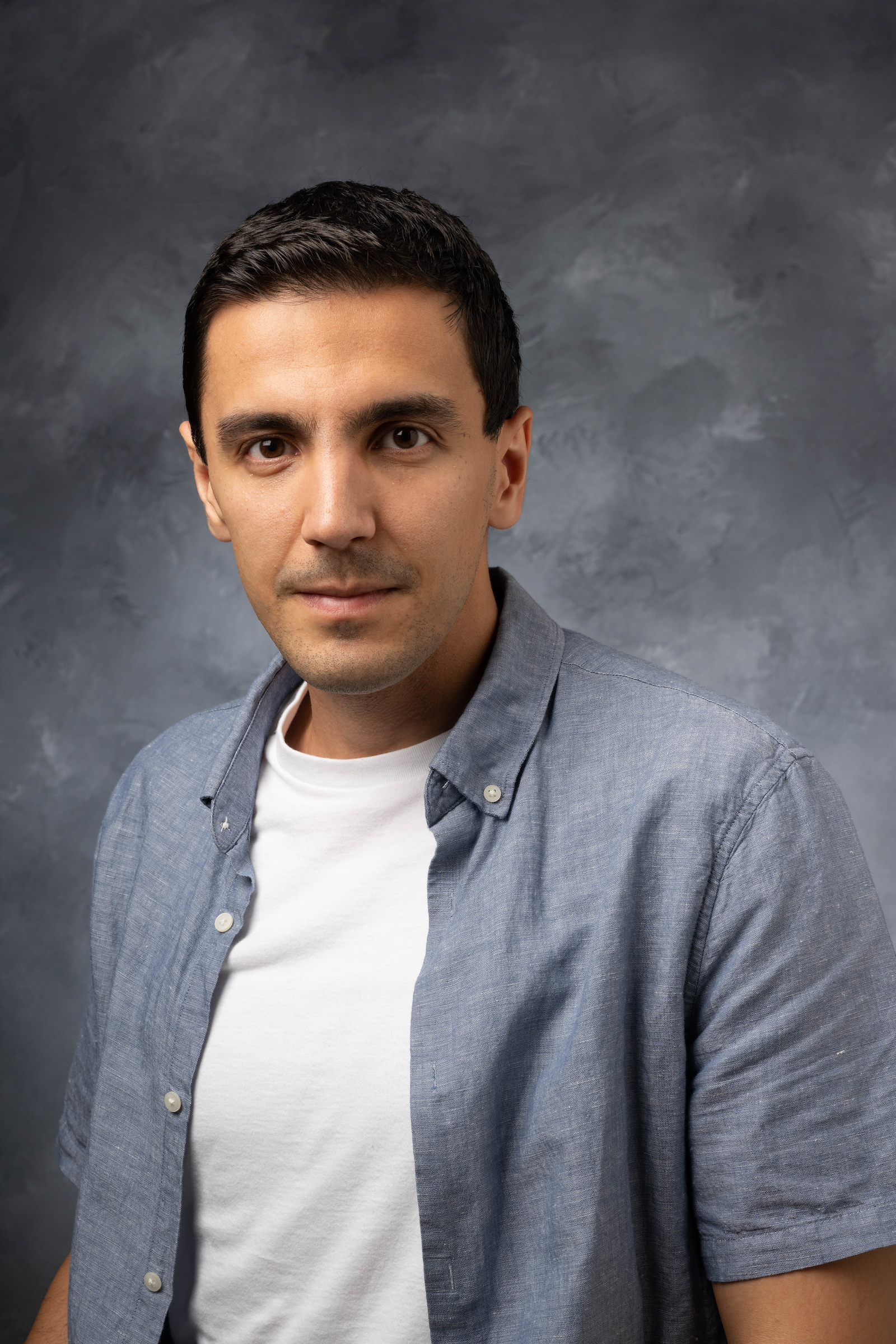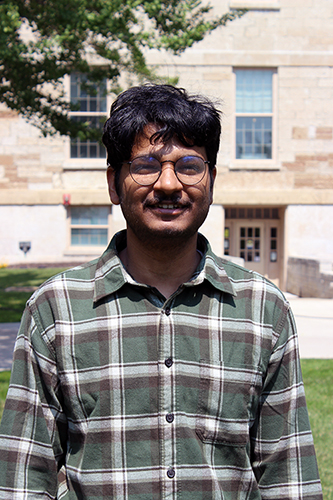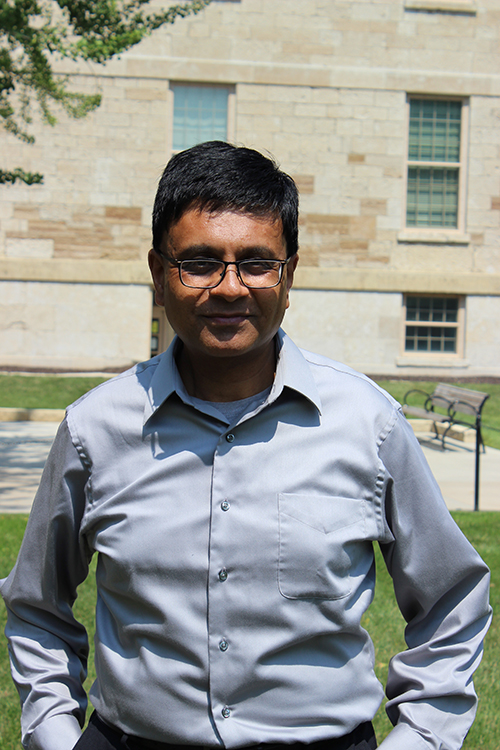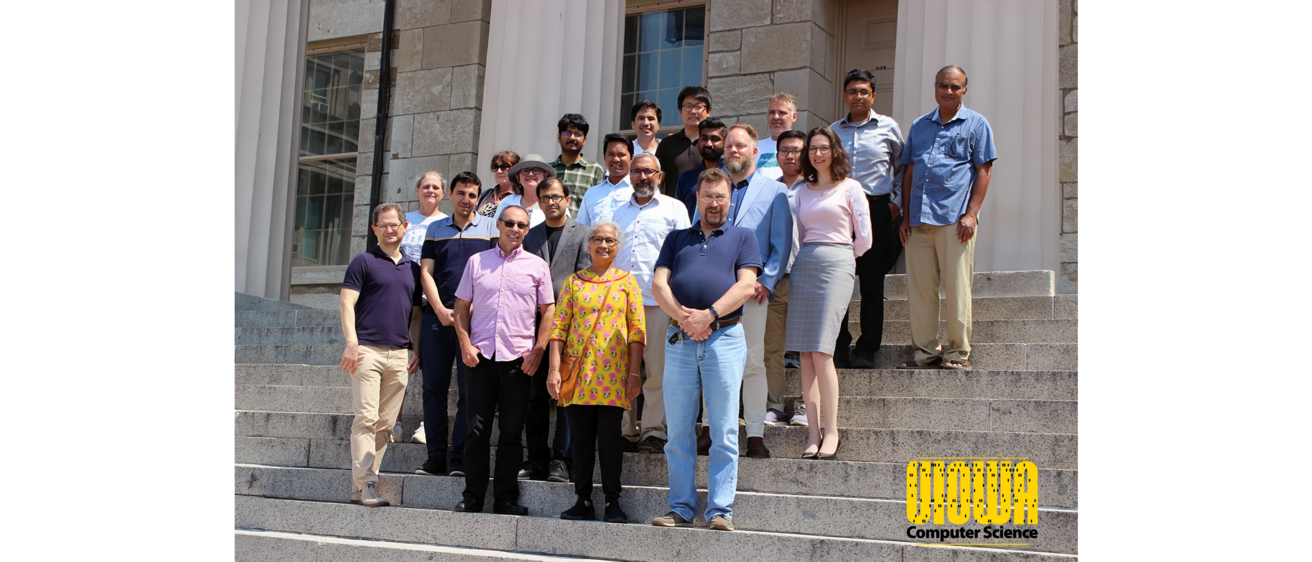
| Mehrdad MoharramiMoharrami is an Assistant Professor in Computer Science at the University of Iowa. Previously, he was a TRIPODS Postdoctoral Research Fellow at UIUC, working with Prof. R. Srikant. He earned his BSc in Mathematics and Electrical Engineering from the Sharif University of Technology, Iran, and holds MSc degrees in Electrical Engineering and Mathematics from the University of Michigan. In Winter 2020, he received his PhD in Electrical Engineering, earning the prestigious Rackham Predoctoral Fellowship for his exceptional dissertation. His research encompasses reinforcement learning, MDPs, and computationally efficient algorithms for learning in societal systems modeled as random graphs. His work has been published in top Applied math Journals and Computer Science Conferences. |
Sourya Roy
Roy is an Assistant Professor in the Computer Science Department at the University of Iowa. Before transitioning to academia, he worked as a Data Scientist in the industry. He had earned his PhD in Computer Science from UC Riverside in 2022. His primary research interest lies in theoretical computer science, specifically in exploring pseudorandomness and its connections and applications to areas such as coding theory, cryptography, etc. Additionally, in the past he has worked on several applied projects in computer vision and machine learning. |

|

| Rahul Singh
Singh is a professor of Computer Science at the University of Iowa. He is also a professor (by affiliation) at the Center for Discovery and Innovation in Parasitic Diseases, University of California, San Diego. His primary research interests are in using computer science (AI, Algorithms, Data Science, and Information Systems) to help solve problems in biomedicine, human health, and natural sciences. Dr. Singh holds a PhD in Computer Science from the University of Minnesota and an MSE in Computer Science from the Moscow Power Engineering Institute. He is a recipient of the CAREER Award from the National Science Foundation and his research has been supported by National Funding Agencies (NIH, NSF), Industry (Microsoft Research, IBM Research), and philanthropic organizations (Bill & Melinda Gates Foundation, Sandler Center/Foundation). Prior to joining academia, Dr. Singh was the principal staff scientist (Imaging) at Scimagix Inc. Earlier, he founded and headed the computational drug discovery department at Exelixis Inc. where his work had led, in part, to two marketed cancer drugs. Professor Singh’s research lies at the intersection of computer science and natural sciences with an emphasis on human health and biomedicine. He is particularly interested in designing computational methods that advance our understanding of biological systems as well as our ability to purposively interact with them at molecular-, cellular-, organism-, and population-levels. Research in Professor Singh’s lab involves developing algorithms and systems for multi-scale modeling, analysis, and pattern-discovery across genomic, bio-molecular, phenomic, chemical, clinical and epidemiological data. |
Tuesday, September 12, 2023
